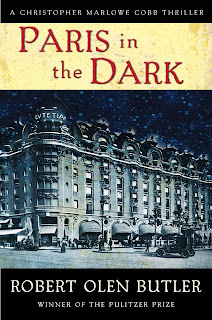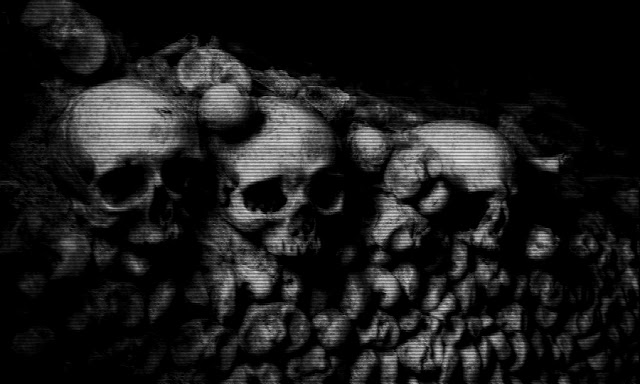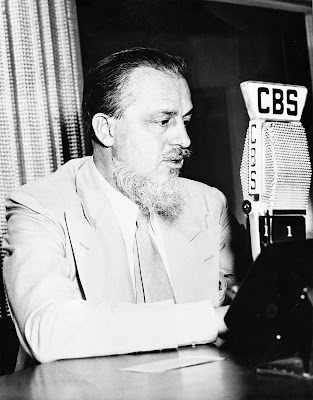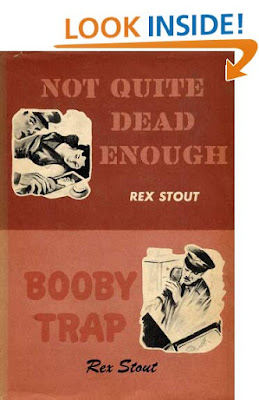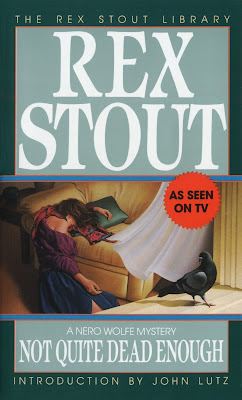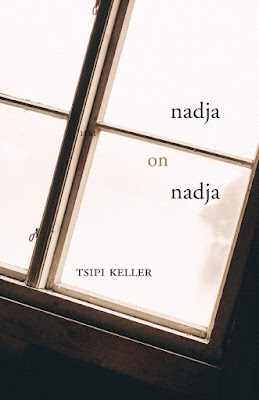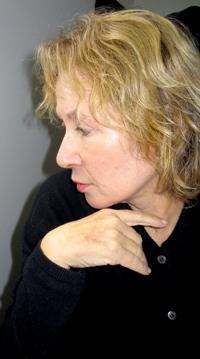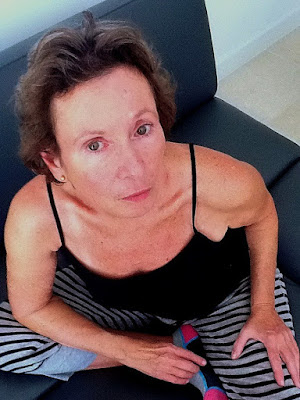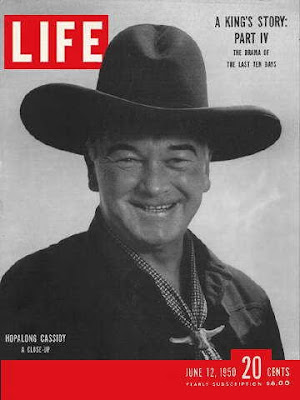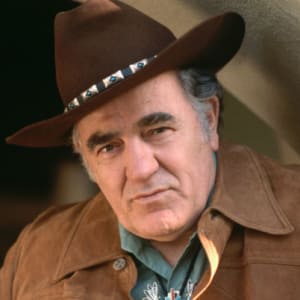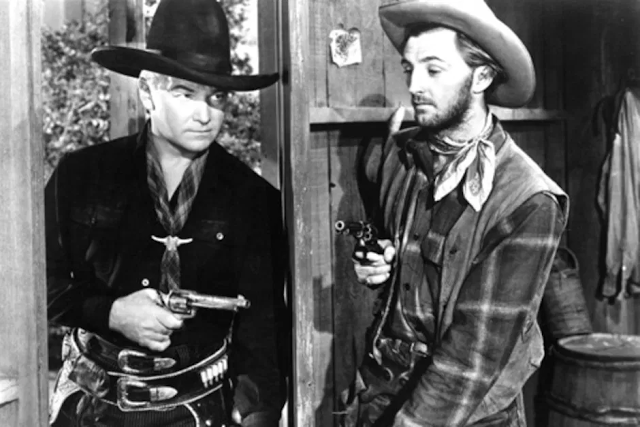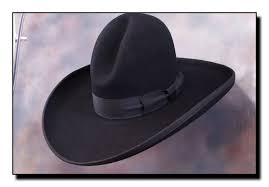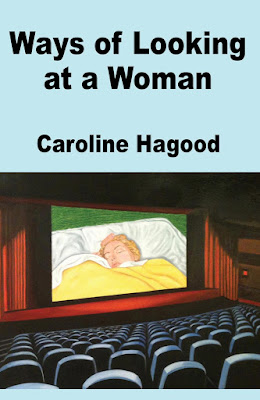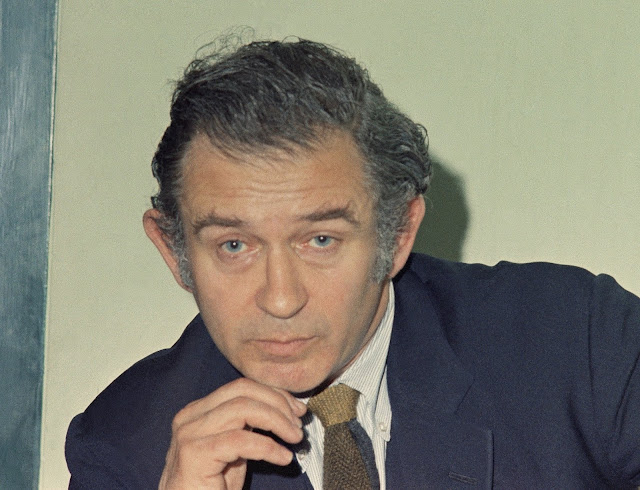Weirdest
thriller I ever read. Slow, yet engrossing with well-paced suspense
and plausible action. Sort of a pop literary thing that avoids
pretension as well as the de
rigueur
cheap sizzle publishers assume the genre market craves. I chose it
for the promise of its title: Paris
in the Dark.
I spent some time in Paris long enough ago to feel the tug of
nostalgia for its uniquely familiar ambience—unique among all other
cities I’ve visited, its familiarity groomed
over
years of hearing and reading more about Paris than any other city I
knew of. Prompting me also to read Paris
in the Dark
was knowing it was set in the WWI years, a taste for which I’d
acquired recently from John Buchan’s wartime thrillers.
But...no
similarity between Buchan’s swashbuckling Richard Hannay and Robert
Olen Butler’s Christopher Marlowe “Kit” Cobb, a queer mix of
Hamlet, Ernest Hemingway, and James Bond. Another big difference,
which I didn’t discover until I checked the publishing date of
Paris
in the Dark.
Buchan wrote The
Thirty-Nine Steps
and Greenmantle
during
the WWI era, with its stereotypical characters and manic lingo. Paris
in the Dark
came out last year, giving it the advantage of a century of social
nuance that enriches the historical perspective with depth and
texture.
Kit
Cobb narrates Paris
in the Dark
so intimately we’re embedded in his head, privy to his every whim
and worry. I found this irritating at first, as the constant mulling
over what to do and how and when and where to do it seemed
unnecessarily meticulous, the to
be or not to be
soliloquy playing over and over and over. The irritation soon turned
to fascination, though, as I sensed the author’s invisible hand on
the controls moving the story deftly toward its inevitable
conclusion. Cobb, a credentialed news correspondent from Chicago, is
also a secret spy for an unnamed American government agency. Overtly,
he’s doing a story on the American volunteer ambulance drivers
based at a makeshift hospital in Paris. Meanwhile, working for his
spy boss, James Polk Trask, trying to identify, find, and kill the
saboteur who’s setting bombs off in public places. He and Trask are
working unofficially with the French secret service, which gives Cobb
the name and address of a German informant living in Paris.
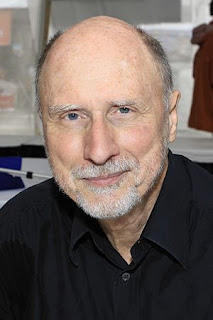 |
| Robert Olen Butler |
Cobb,
who speaks fluent German, learns from the informant of a German
assassin recently arrived in the city posing as a refugee. Cobb
locates the assassin in a German-run bar, and here we get a look at
Cobb’s struggle to manage the separate roles of his conflicting
identities as he makes friends with the refugee German bar patrons.
After buying a round of pricey imported Kulmbacher beer he begins to
feel a closeness with these patrons despite knowing he might have to
kill one of them. He creates in his head a German
word—Bindungsehnsucht--to
describe this closeness:
A
deep and complex longing for an emotional connection, for a bond. I
was surprised to think of this. I was here as a spy. One of them—
if he was not here at the moment, he could well have been— one of
them that they would hide and even assist could be a killer of
civilians in the name of war. The men in this room were the Huns. And
the connection they were creating between us was built upon my lies.
But
superficial lies. Lies that could easily have been replaced by
equally superficial truths. So easily as to show how irrelevant lies
or truth were to the making of this bond they sought. Because the
biggest surprise of all was that I was feeling the Bindungsehnsucht
in me as well. That they were Germans and I was an American or even
that I was an American spy portraying an American German to help
prosecute a war against them:
all that seemed somehow irrelevant. In this moment we were simply
men. In a bar. Finding things to bind us, to give us cause to shake
hands, lift our glasses, drink in concert, prop each other up, get
varying degrees of drunk together, come to a rapport. That the
rapport could be achieved over trivial and interchangeable things
only spoke to how deep was the longing itself and, therefore,
paradoxically, how profound was the rapport.
Of
course he has a fling with the head nurse at the American hospital,
and has to balance his conflicting roles for her sake, as well. But
this is a thriller, so things are not always what they seem. Cobb
finds the bomber—two of them, in fact—and, despite his
claustrophobia from having been locked in a Vaudevillian trunk as a
child, climbs down into the famous, skeleton-crammed Paris Catacombs
where he believes the two terrorists have gone to plant a bomb under
the site of a critical meeting between the French president and top
military leaders of England and France. The chase is on, in the dark
amid grinning skulls and scuttling rats. Cobb figures the bomb has a
ten-minute fuse. He hears the terrorists up ahead...
As
an example of Pulitzer-winning Butler’s mastery of his craft, the
following little scene sticks in my imagination more memorably than
the entire Catacomb chase. Cobb and Trask are sitting in a cafe
intensely trying to come up with a plan to catch the bombers:
“I
thought to simply drink my beer,” Cobb tells us, “and was
surprised to see it hanging in the air before me. I’d lifted it
along the way but I couldn’t recall when.
“I
put it down.”
Pretty
sure these guys were
not
doing
recreational drugs.
